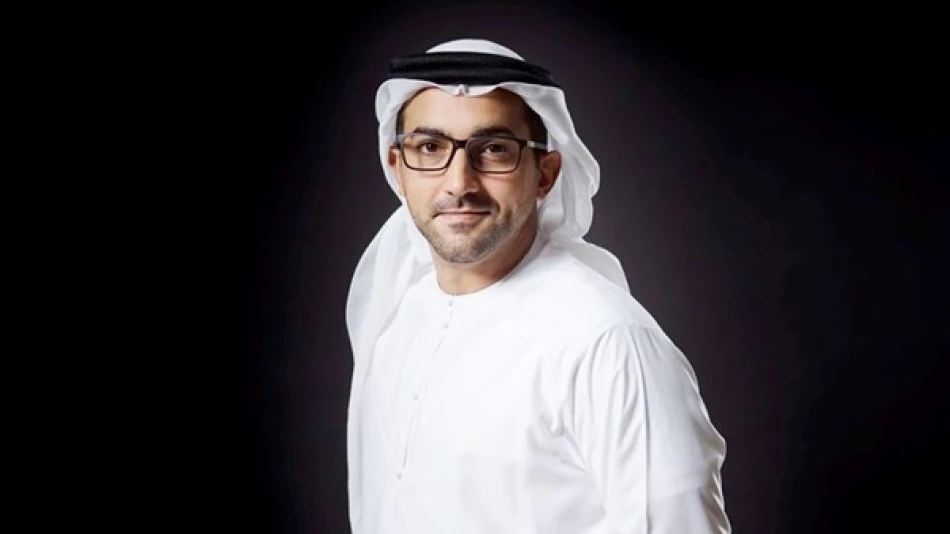
Sharjah's Exceptional Economic Growth Insights: An Expert's Perspective
Sharjah's economy is outpacing global growth by nearly three times, with GDP expanding 8.4% in 2024 compared to the world average of 3%. This performance is attracting significant investor attention as the emirate positions itself as a major investment destination in the region.
Sheikh Fahim bin Sultan Al Qasimi, Chairman of the Government Relations Department in Sharjah, announced these figures during the Sharjah Investment Forum. The two-day event at Al Jawaher Reception and Convention Centre highlights how the emirate's economic momentum aligns with its strategy of hosting regular investment conferences.
Real estate leads current investment activity, but transport and storage sectors are also performing strongly with 10% growth rates. This diversification reflects Sharjah's broader economic development strategy that goes beyond traditional sectors.
The emirate has spent years building integrated infrastructure under the direction of Sheikh Dr. Sultan bin Mohammed Al Qasimi, Ruler of Sharjah. This includes residential projects, educational facilities from schools to universities, and investment-grade infrastructure. The upcoming launch of the Union Railway next year will further enhance connectivity, with Sharjah Airport playing a central role alongside the emirate's ports.
Investment strength spans multiple areas including industrial zones, real estate, and service companies. Major projects like Al Jada development, Marwan 11 "District," and initiatives by Sharjah Asset Management Company demonstrate the emirate's appeal to investors seeking both security and appropriate returns.
The Sharjah Chamber of Commerce and Industry has been instrumental in developing industrial areas and improving infrastructure quality. This effort builds investor confidence and supports sustainable economic growth across the emirate.
For investors, Sharjah's 8.4% growth rate in a global environment averaging 3% represents significant outperformance. The combination of infrastructure development, economic diversification, and government support creates conditions that typically attract long-term capital flows in emerging markets.
Most Viewed News

 Layla Al Mansoori
Layla Al Mansoori






